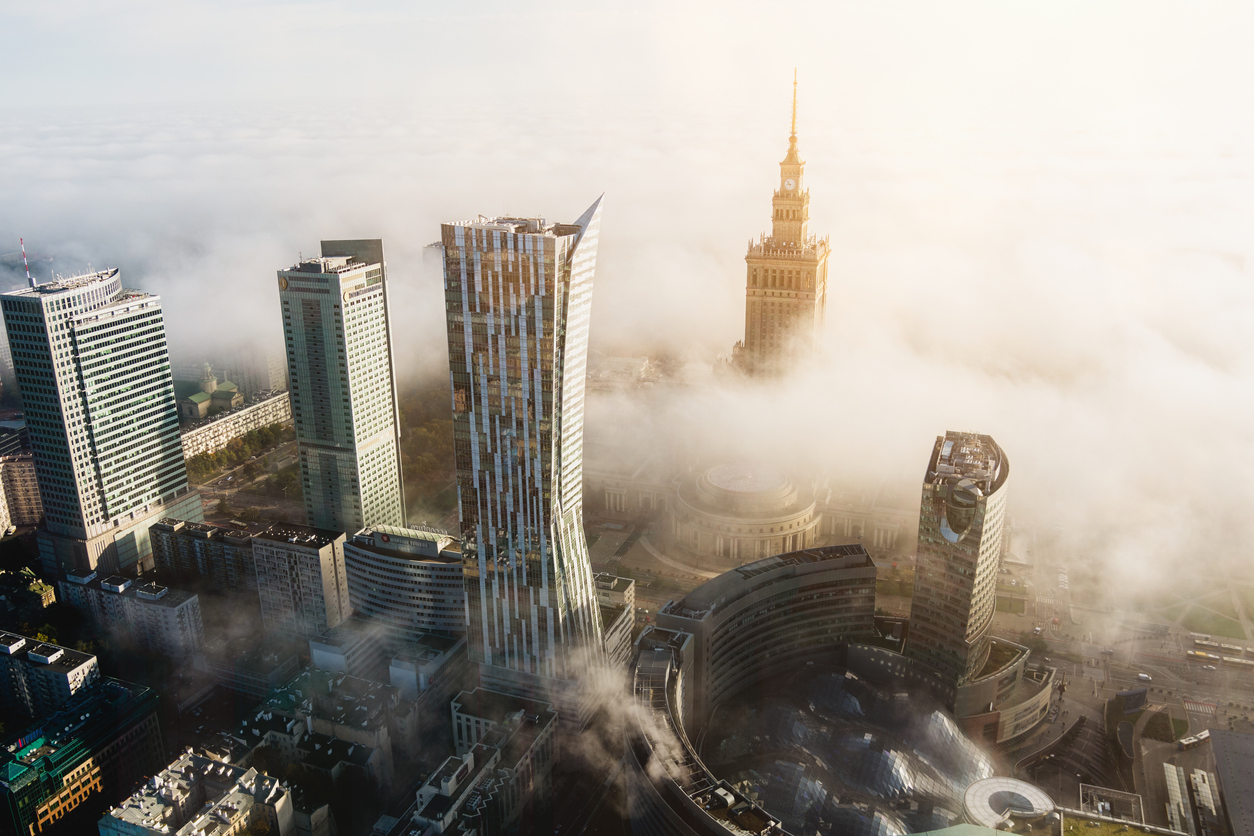Article
Is the war for talent sustainable, and who will win?
14 Feb, 20225mins
With around 1.2 million jobs on the market right now in the UK alone, it’s certainly no wonder that many companies are struggling to attract suitable candidates and convince them to join their teams. But is this a short-term issue triggered by the pandemic, or could it be an ongoing problem caused by other social and economic factors? In either case, companies now need to consider how they can adapt to win over the best talent.
Is there a talent shortage?
In a recent survey of 700 employees, 31% said that they were thinking of leaving their job regardless of the fact that they didn’t have another one lined up. This increased ‘voluntary quit rate’ has been primarily caused by the pandemic. Many people have pent-up departure demand - i.e. wanting to quit during lockdown but waiting until a more stable time. On top of this, there is also the increased desire for more flexible working and better work-life balance, instigated by lockdown, as many individuals experienced burnout.
Alongside this, a swathe of skilled workers left the industries they worked in due to redundancy, furlough, and, in some cases, Brexit. They have since found work in other areas, meaning there are skills shortages in many industries, such as hospitality.
Covid has caused skills shortages in professional roles at both ends of the employment spectrum. Postponed schooling, graduation and training has caused a shortage of newly qualified employees. At the top end of the workforce, some individuals chose to take early retirement or career breaks, taking with them years of knowledge and experience that can’t easily be replaced.
Finally, there is a timing issue as many companies had an initial recruitment freeze at the start of the pandemic, but as we emerge into a post-Covid world, businesses have all started hiring again en-masse, creating a candidate-led market where talented employees feel more confident to leave a job, knowing that there are many other opportunities available to them.
Is it all because of Covid?
Based on the reasons above, it would seem that, for the most part, the war for talent is a short-term problem, with the majority of the causes slowly disappearing as life gets back to normal.
However, as identified in a recent report by Training magazine, “there will be lasting echoes, especially given the longer-term trends that have been steadily transforming the employer-employee relationship”.
The report identifies that globalisation and technology have reached a point where the world is so highly interconnected and rapidly changing that businesses must be flexible and adaptable above all else. Employer-employee relationships are also changing and have become more short term and transactional (e.g. part-time, consulting, gig economy). The demand for better work-life balance and hybrid working models look set to stay long after lockdowns are a distant memory.
Who will Win?
With around 89% of HR leaders stating that recruitment will continue to be a significant challenge in 2022, employers must look for ways to attract top talent to join their organisations or, more importantly, retain the talent they already have.
Higher salaries are one obvious way to attract candidates, but this will not be sustainable in the long term for many companies. This could also result in existing employees not being impressed that new staff are earning more than themselves, thus compounding the issue as those existing workers might start looking for new roles elsewhere.
The real key seems to lie in an improved people strategy for attracting candidates and retaining employees. In our recent blog on DE&I, we reported on how candidates are turning down jobs at organisations that aren’t deemed to have a suitable diversity strategy and a Korn Ferry survey revealed that 75% of candidates say it’s unlikely they would accept a job if they were treated poorly during the interview process.
Companies are also finding innovative ways to retain employees through better employee engagement, flexible working, and offering opportunities for upskilling and improved internal mobility to address skills gaps and redeploy talent rather than lose it.
So the winners of the talent war will be the businesses that can keep their staff happy from the interview stage through to long-term employment, and of course, that means that the real winner would appear to be the candidates themselves with companies further improving their workplace environment, increasing salaries and offering flexibility to staff in a bid to win and keep the best talent on the market.
If you’re struggling to find talented professionals to fill your vacancies or if you are a talented candidate looking for the right career move, talk to McGregor Boyall today and find out how our expert recruitment team could help you.


